It’s been an interesting few weeks in our office. The recent coverage of Kyle Beach has left us feeling a mix of heaviness and urgency. The majority of our workforce is directly and actively involved in sport. Our entire company was created to support sport by helping coaches build safe spaces for athletes. This news is hitting home here.
After a respectful pause, we feel ready to share our commentary on the matter.
The Kyle Beach story isn’t about hockey. You could substitute any sport in place of hockey. Indeed, we have seen other sports arise in the news in the same way; gymnastics, soccer, tennis. This isn’t about hockey.
No, this is about priorities.
We have prioritized winning.
Sport naturally comes with wins and losses. But have we gone too far in our quests for the win? Has it become acceptable to win “at all costs”?
We have prioritized the physical.
Sport depends on our physical selves. Of course you have to condition muscles and perfect techniques, but what are the consequences of pushing human limits with little regard for mental well-being?
We have prioritized comfortable silence.
We don’t like to discuss the underbelly. It’s not “nice.” We turn to sport in particular for how it elevates and exhilarates. There’s no room for uncomfortable truths when we are invested in sport for the entertainment and enjoyment.
But this isn’t a slam against sport. It’s not even about sport. You could <insert industry or facet of life here> and still find instances of abuse and the above false priorities present.
There’s a lot of discussion right now around what protocols are needed or oversight that was missing. HOW COULD WE HAVE PREVENTED THIS? The truth is, we will likely never eradicate darkness from the world. But we can change sport culture in order to make it an inhospitable environment for wrong-doers:
- What if we value the way we play over the win itself?
No more “at all costs” but rather with a strong sense of ethics for how we arrive at the end goal. - What if we prioritize whole athletes?
Train the physical with a mindfulness to mental well-being, since they are indeed perfectly connected. - What if we learn to find comfort in facing the truths?
Don’t let reputation or brand get in the way of doing the right thing.
As they say, the very best apology is changed behaviour. So to the NHL and our leaders at all levels of sport: Are you ready to change the rules of engagement?

